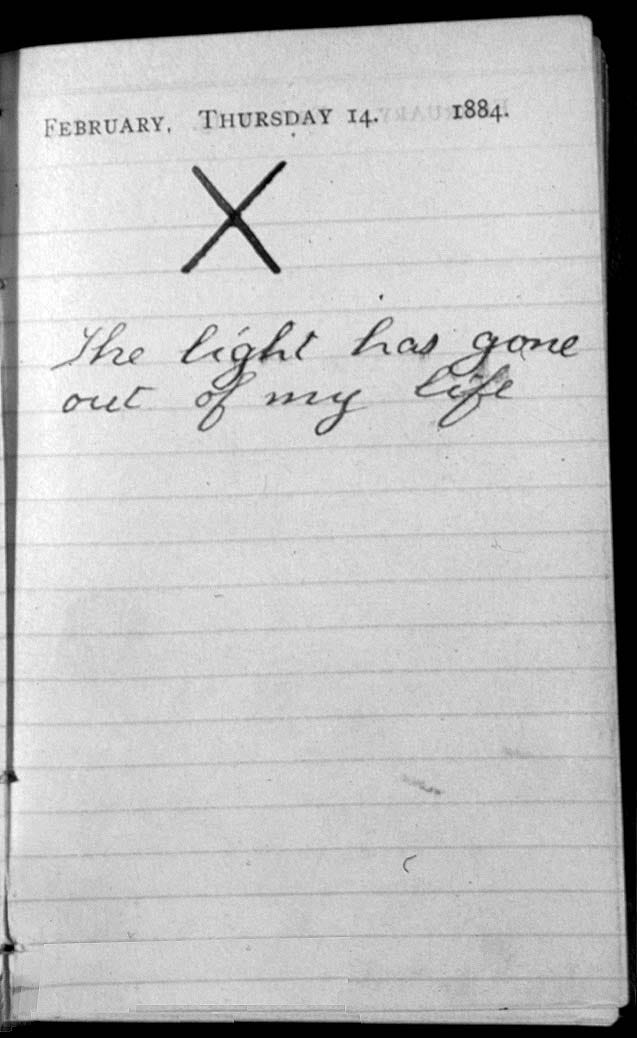
“The rational soul is stronger than any kind of fortune — from its own share it guides the affairs here or there, and is itself the cause of a happy or miserable life.”
— Seneca, c. 65
What’s the worst day of your life?
The day you thought you might never make it through?
It must have been harrowing, terrifying, and even stomach-churning. Even now, I'll bet it makes you feel a little queasy to think about.
But you know what?
You made it. You're here, right now, reading this.
And do you know why?
Because of your inner strength. You experienced a defeat and you survived due to fortitude and resilience, not because of your circumstance or social class.
It is only because of misfortune that we’re able to get a better sense of ourselves.
Bully
We think of Theodore Roosevelt as a strapping man, full of courage, leading his men in a charge up San Juan Hill.
But as a boy, he was frail and sickly, nervous, and suffering from asthma. He focused on intellectual and spiritual development, and in his voracious reading, discovered extraordinary heroes.
He embarked on a rigorous regimen of physical self-improvement under the guidance of his father, who hired the owner of a gymnasium to build a backyard gym for young Teddy. Over time, through dedication and diligence, he managed to go from fragile to brawny.
His father was everything to him, serving not only as a father, but as a mentor, companion, and friend, regarded by Teddy as “the best man I ever knew.”
So when Mr. Roosevelt died in 1878 at the age of 46, Teddy, who was only nineteen, was stricken with grief. He wrote, “No one but my wife, if I ever marry, will ever be able to take [my father’s] place.”
He did eventually take a wife: it was love at first sight with Alice Hathaway Lee, whom he asked to marry him six months after meeting. She turned him down, but he persisted, applying the same level of dedication he did with everything else in his life. Eight months later, she finally gave in and their engagement was announced on February 14, 1880. They married in October.
Less than four years later, as Teddy was on the floor of the Albany legislature, he received word that Alice gave birth to their first child. But a second message arrived that struck him to the core.
Arriving at their home in New York City, he found that his mother, only 49 years old, was dying of typhoid and his beloved Alice was suffering from kidney disease following the birth of their daughter.
Teddy stayed at his mother's bedside until 3:00 a.m., when she passed away. Twelve hours later, on February 14, 1884, his wife died in his arms.
“The light has gone out of my life,” he wrote in his diary.
What unimaginable pain that must have been for Teddy. And yet, he continued to overachieve, rising to eventually become the youngest president in our country’s history.
His station in life didn’t inoculate him from the severe pain of such tragic loss. He had to find the strength to go on within himself.
But there’s another type of resilience that goes beyond strength: grace.
Keep reading with a 7-day free trial
Subscribe to Timeless & Timely to keep reading this post and get 7 days of free access to the full post archives.







